Wolfgang Hansson
Last updated: October 17
Europe has suffered from collective anxiety and hopelessness. It looks the same everywhere.
The same worries about utility bills and financial collapse.
The same helplessness before how Europe will succeed in solving the energy crisis while saving the climate.
After a two-week trip in Europe in the wake of the energy crisis, these are some common things that I think stand out.
The energy situation can differ between countries.Germany has its extreme dependence on Russian gas. Italy's lack of its own energy sources and France's heavy dependence on a nuclear power that has partially failed due to age and climate change. Sweden is largely independent in terms of energy, but is still affected because the electricity market in Europe is interconnected.
Regardless of where in Europe people live, the effects of the energy crisis on people and companies are the same. A kind of collective shock runs through the entire continent. At the same time, few feel that they themselves can do something to influence the situation.
First, it was the pandemic that paralyzed normal life. We had barely begun to recover from Russia invading Ukraine and creating unrest across the continent. On top of that came Putin's energy war which has caused Europe to start going bankrupt.
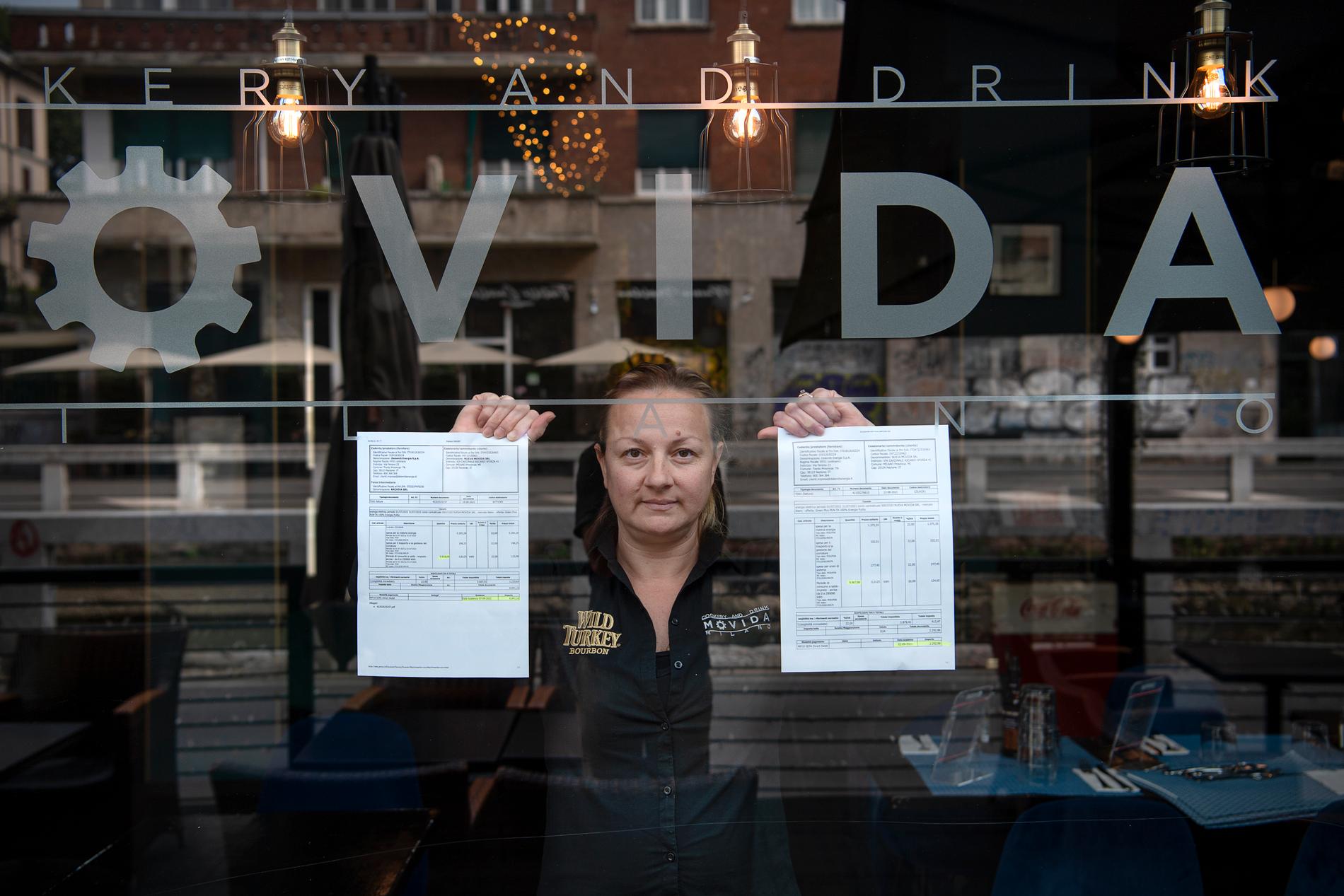
Patrizia Berterano, butler at the Movida pub in Milan. Photo: Jerker Ivarsson
From the trip, I especially remember the hostess at the Movida tavern in Milano. The brother owns the restaurant and she has worked there for 20 years. They barely made it through the pandemic, but now the electricity bills are breaking them.
She said that she is seriously worried that she will end up on the streets after the New Year if Movida is forced to close because her husband also works there.
Fear
Genuine fear was visible in her eyes. It wasn't something she just said.
We are talking here about an established couple with two children who both belong to the middle class. Until recently, they could go on holiday abroad. Now it's scary to end up as an outcast.
They are a nightmare that they are not alone in. Large parts of the middle class threaten to be wiped out if energy prices rise as much this winter as experts fear. This is especially true in the economically weaker Southern Europe.
Germany has already hammered out an aid package of SEK 2,000 billion. Italy, with a national debt of 135 percent, has no such economic muscle. In France, there is currently a ceiling on the price of electricity, but it is about to be phased out. It simply costs the government too much money.
Millions of jobs are at stake as well as the personal finances of millions of people.
Alongside a threatening economic collapse, there is another threat which in the long term is even greater than the increased energy costs. The climate threat.
The terrible thing is that much that various countries are doing now to meet the acute energy crisis fuels the carbon dioxide emissions and makes it even more difficult to reach the climate goals.
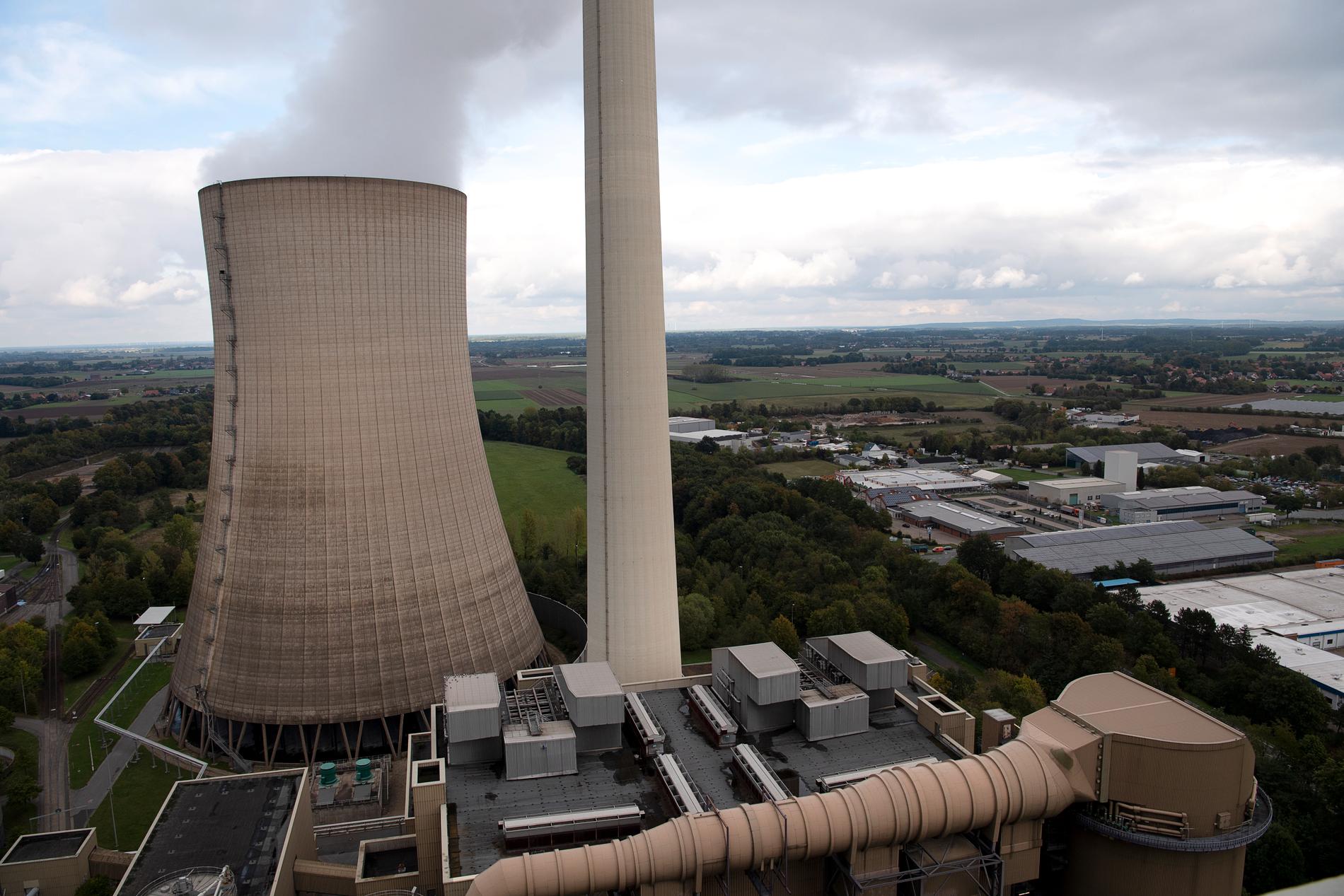
Photo: Jerker Ivarsson
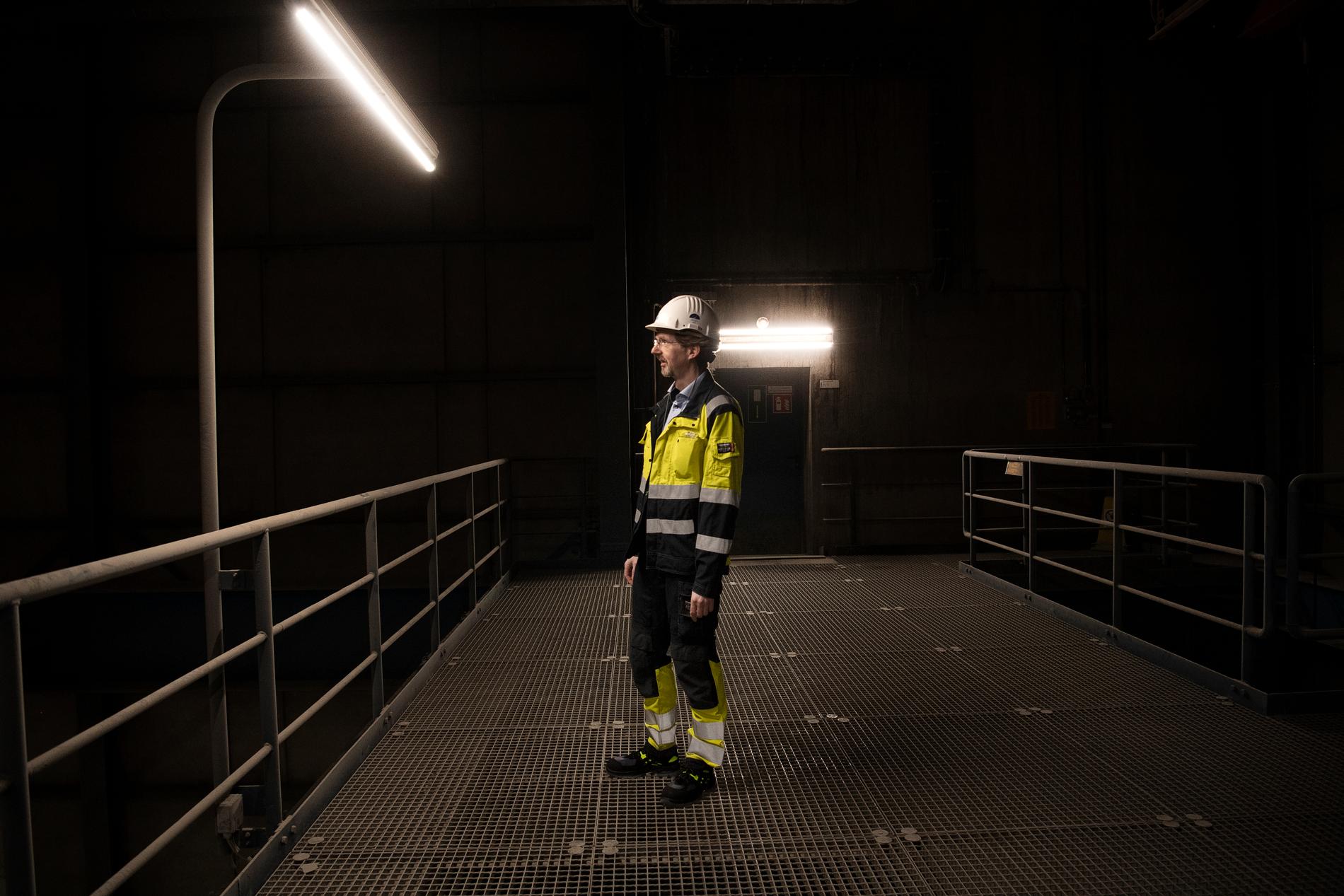
Photo: Jerker Ivarsson
In Germany I visited a coal power plant south of Bremen that was more or less shut down but ordered on its deathbed to go full blast again to save the Germans from freezing this winter.
The quality manager felt proud to be able to contribute, but at the same time he wanted his two daughters to be able to live in a fossil-free future.
The local people I spoke to thought the decision was the right one to solve an emergency situation, but they too were tormented by the fact that the threat of irreversible climate change is thus growing.
Italy is following the same path. Coal-fired power plants that were to be closed are allowed to live on.
It is in Italy that the connection between the energy crisis and the climate threat is especially clear.
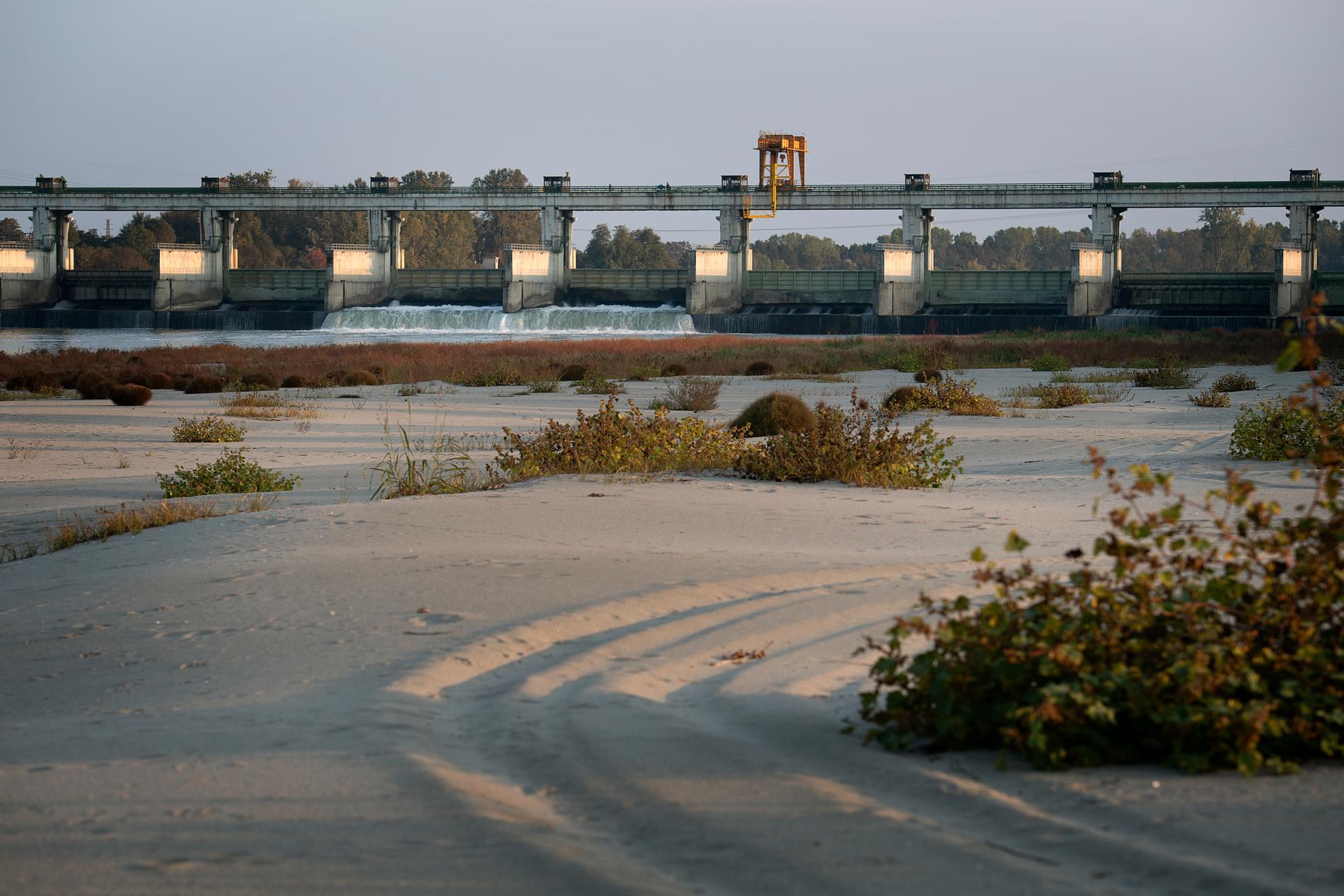
Photo: Jerker Ivarsson
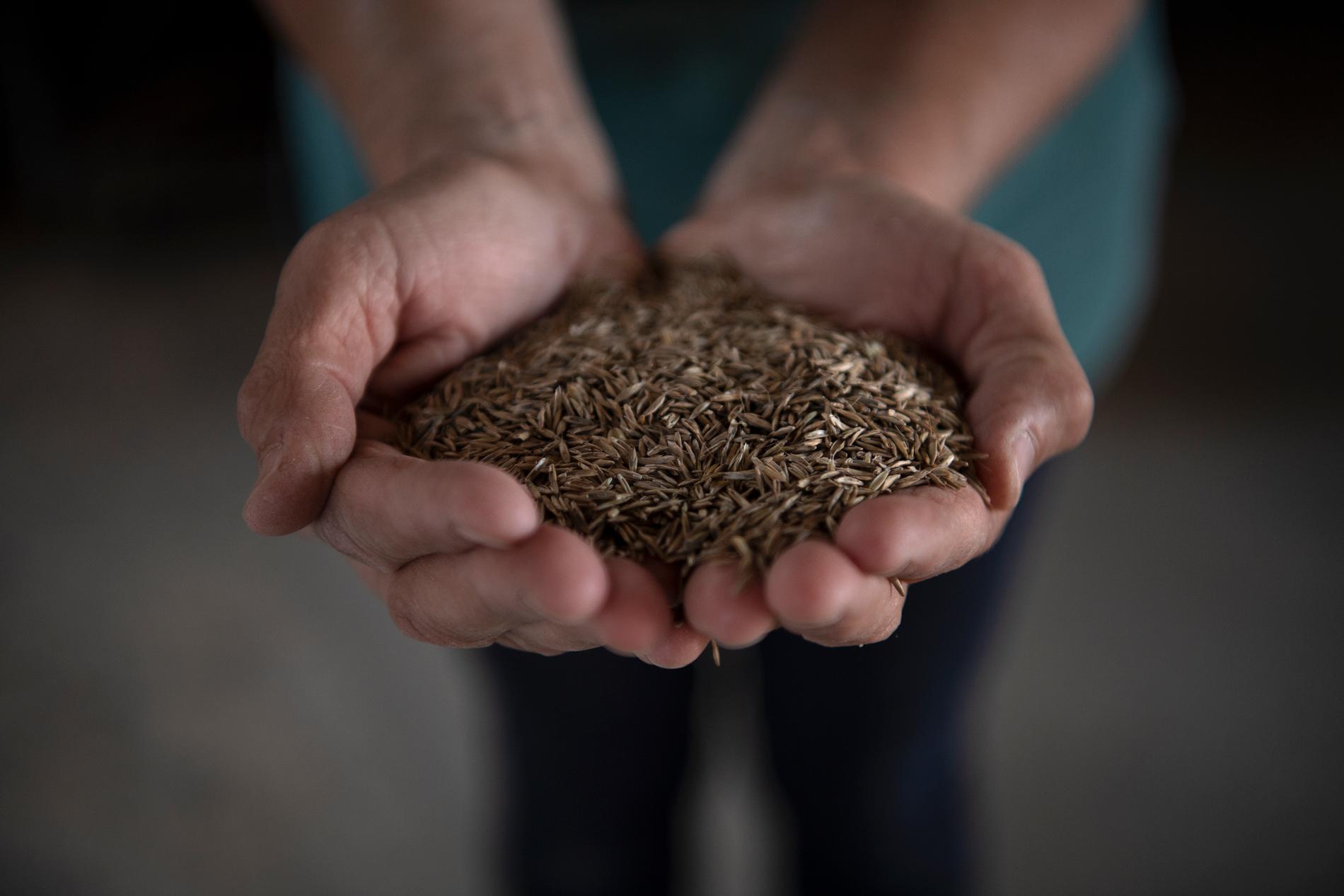
Photo: Jerker Ivarsson
One of the largest hydroelectric plants along the Po River is running on fire because of a water shortage triggered by too little snow and rain.
Farther downstream, farmers are getting too little water for their fields at the same time as they had a record dry summer and autumn. Which led to halved harvests and thus less food production.
When hydropower no longer supplies as much energy, Italy is instead forced to import more natural gas, which contributes to more emissions.
A vicious circle that worsens the problems.
Solution
Such is human nature. Faced with a short-term and a long-term threat, we always choose to focus on the short-term out of pure survival instinct.
I ended my and photographer Jerker Ivarsson's trip at a huge facility in the south of France that I didn't even know existed a month ago.
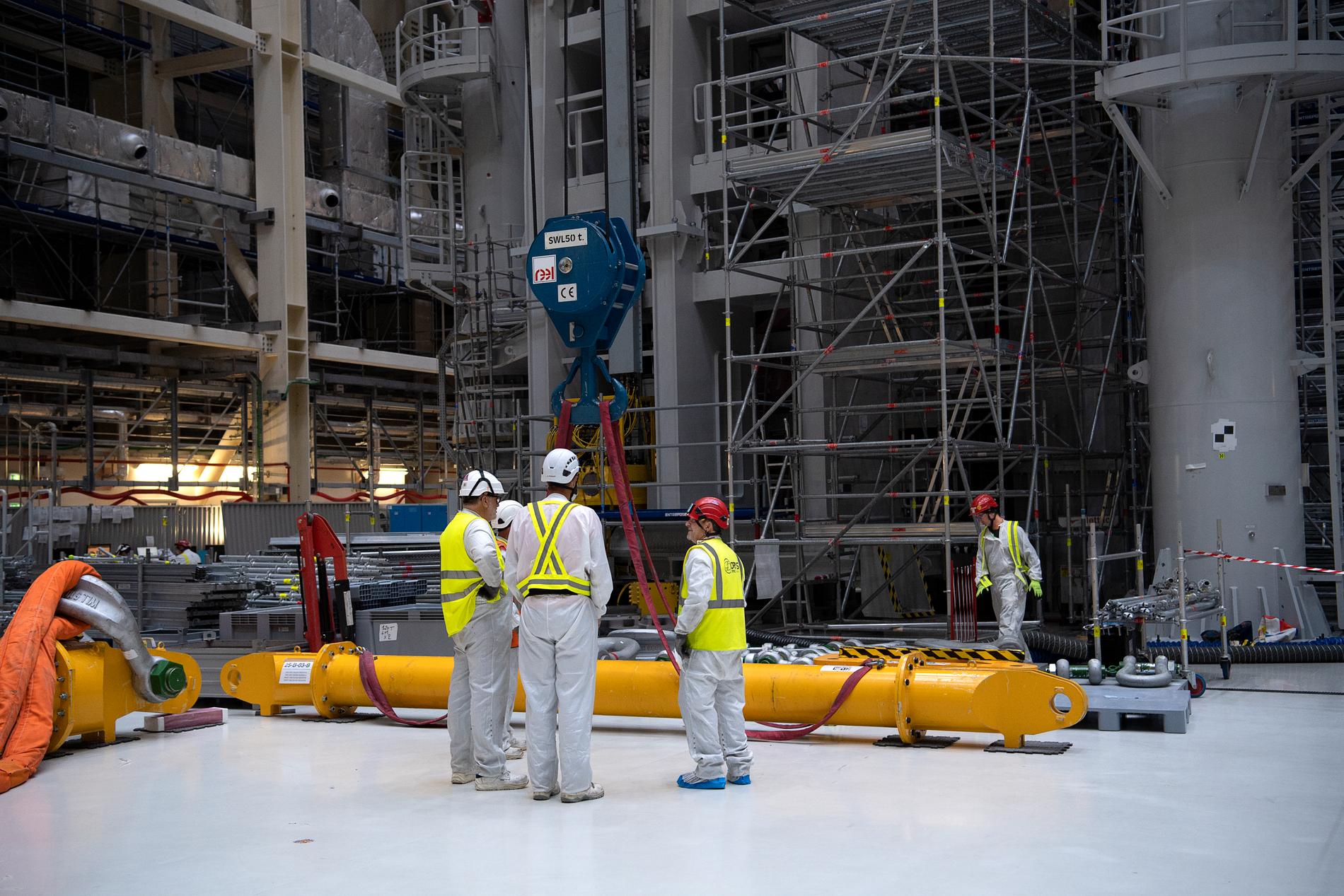
Photo: Jerker Ivarsson
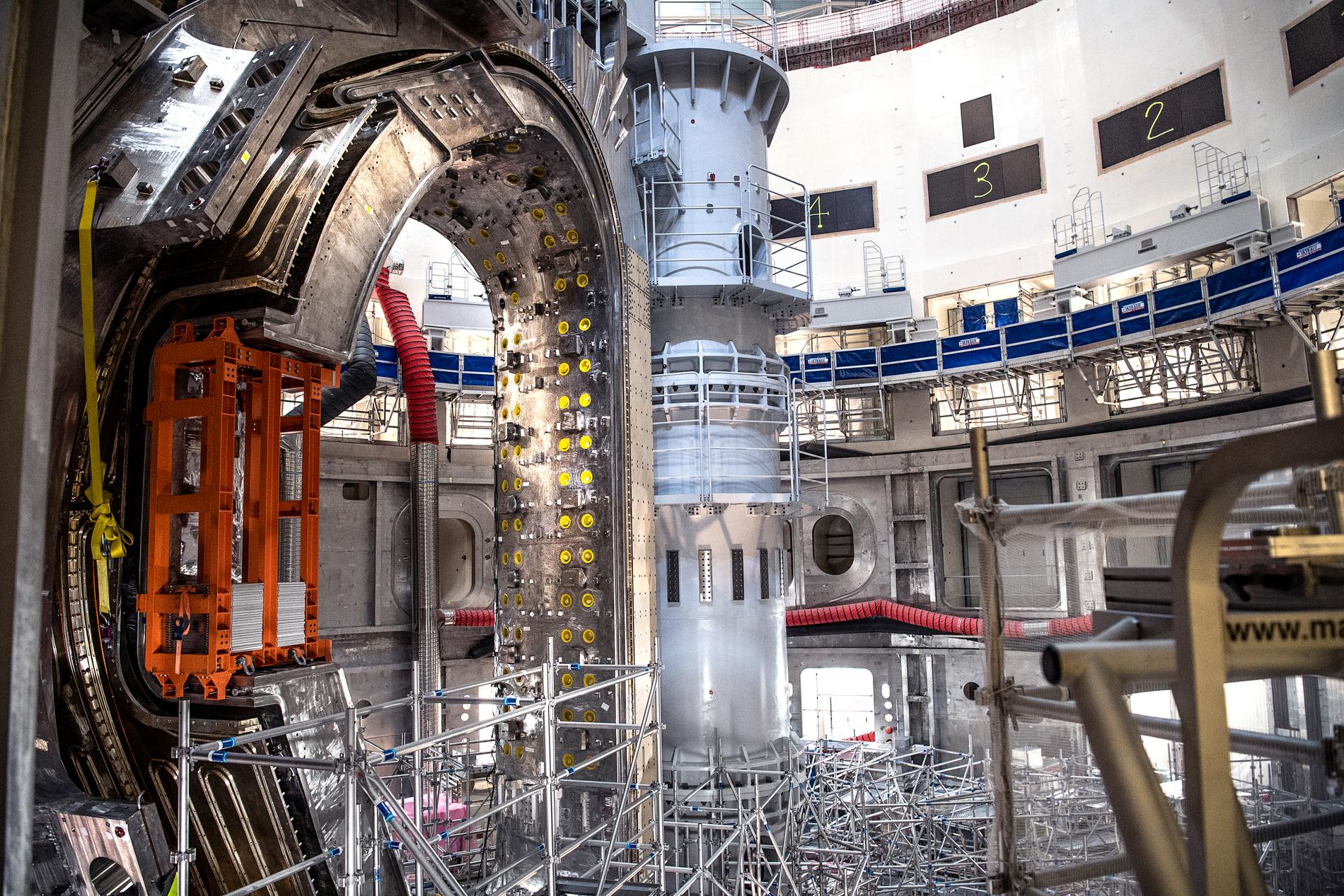
Photo: Jerker Ivarsson
At the Iter fusion facility, researchers are trying to push the limits of what is possible by extracting energy from ordinary seawater.
If they succeed, it could be the solution to the world's energy problems.
We can get clean energy that is harmless to produce and leaves no hazardous waste like nuclear power. Hydrogen is another area where many promising experiments are underway.
It will take time but new technology is on the way.
In the midst of all the darkness, it still feels hopeful that people never stop looking for solutions, no matter how hopeless the situation looks.
Inga kommentarer:
Skicka en kommentar